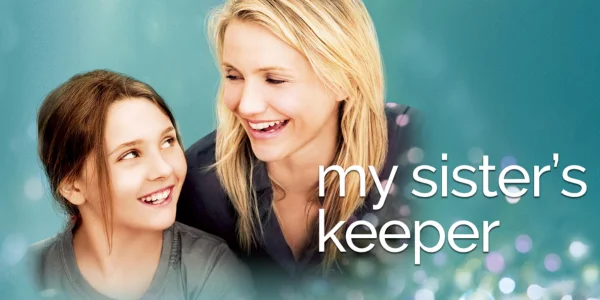Jodi Picoult’s emotionally charged novel My Sister’s Keeper, published in 2004, and its 2009 film adaptation, have moved readers and audiences around the world. The story’s intense themes—medical ethics, family dynamics, sibling love, and the right to bodily autonomy—raise a question that naturally follows such realistic fiction: Is My Sister’s Keeper based on a true story?
The Plot Overview
My Sister’s Keeper tells the story of Anna Fitzgerald, a young girl who was genetically engineered to be a perfect donor match for her older sister Kate, who is battling leukemia. As Kate’s health deteriorates, Anna is expected to undergo increasingly invasive procedures to help her sister survive. The emotional twist comes when Anna files a lawsuit against her parents for medical emancipation, seeking the right to make her own decisions about her body.
The moral dilemma at the heart of the story—how far should a family go to save a child?—feels so raw and plausible that many believe it must be rooted in real events. However, the truth is more nuanced.
Not Based on a Specific True Story

My Sister’s Keeper is not based on a specific real-life event or individual, but it draws inspiration from real medical advancements and bioethical debates. Jodi Picoult has confirmed in interviews that while the characters are fictional, the scientific premise and emotional struggles are deeply influenced by real-world cases and controversies.
The concept of a “savior sibling”—a child conceived through in vitro fertilization (IVF) to serve as a donor for a sick sibling—is scientifically accurate and has been the subject of much ethical debate. In fact, the first widely publicized case of a savior sibling occurred in the early 2000s, just before the novel’s publication. Such real-world developments sparked discussion in medical, legal, and ethical communities, and Picoult was inspired to explore the emotional complexities of such a situation through fiction.
The Author’s Research
Jodi Picoult is known for thoroughly researching her topics, and My Sister’s Keeper was no exception. She studied bioethics, consulted with medical professionals, and read accounts from families who faced similar choices. Her goal was not just to tell a compelling story, but to raise difficult questions about modern medicine, parental rights, and personal autonomy.
In an interview, Picoult said:
“I wanted to explore the idea of what happens when love and ethics clash—when doing what’s right for one family member might not be right for another.”
This layered moral conflict adds to the novel’s authenticity and explains why so many readers assume it could be based on a true story.
Emotional Truth vs. Factual Truth
While the events and characters are fictional, My Sister’s Keeper is grounded in emotional truth. Families with critically ill children, particularly those involved in bone marrow or organ transplants, have reported similar emotional turmoil, difficult choices, and sibling tension. It’s this emotional accuracy—combined with medical plausibility—that gives the novel its powerful, lifelike feel.
Final Words
My Sister’s Keeper is not a true story, but it’s a fictional work inspired by real ethical dilemmas and medical realities. Through Anna and Kate’s journey, Jodi Picoult shines a spotlight on issues that are both timely and timeless—forcing readers to confront questions for which there are no easy answers.



